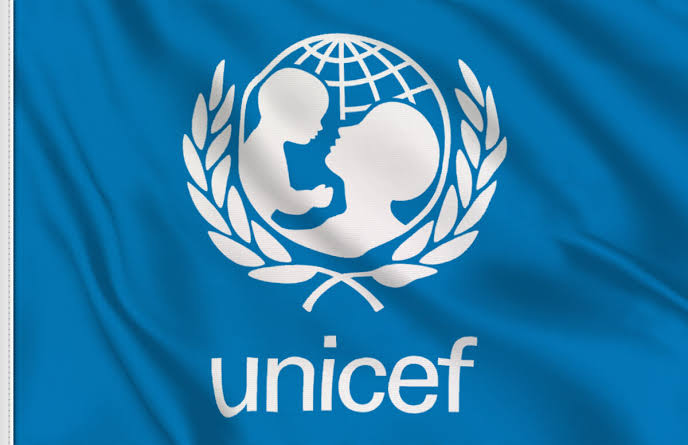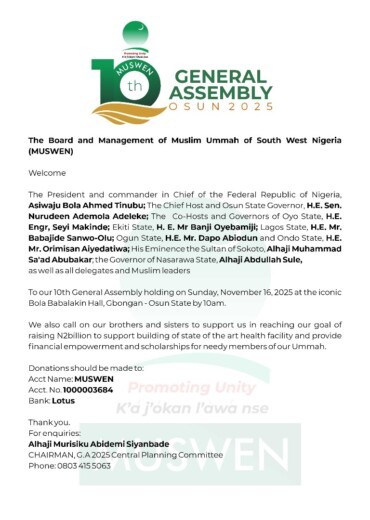The UNICEF Humanitarian Health Response for IDPs Outreach has been instrumental in providing improved access to Antenatal care services for over 4,200 pregnant women in Internally Displaced Persons (IDPs) camps in Benue state.
This initiative, implemented by the Benue State Primary Health Care Board (BSPHCB) in collaboration with WHO, Red Cross, and other partners, has been a game-changer in the lives of these women and their families.
According to Dr. Austin Adanu, Director of Disease Control and Immunisation at BSPHCB and Technical Supervisor of the UNICEF Humanitarian Health Response in IDPs camps, the services are being provided in IDPs camps in Makurdi, Gwer West, Guma, and Logo Local Government Areas (LGAs), as well as in host communities in Agatu and Kwande LGAs.
The intervention has not only improved access to healthcare but also enhanced the capacity of healthcare workers through training.
READ ALSO:
Gov Abiodun seals $10m Morocco deal, welcomes Brazilian livestock giant JBS
Nigeria marks International Human Rights day with 2m violations in 2024
FG elevates 10 Forest Reserves to National Parks
Dr. Adanu highlighted that 136 healthcare workers from nine LGAs have been trained to provide medical outreach and routine immunization services.
This has led to improved synergy and collaboration among partners, ensuring efficient resource utilization and minimizing duplication of efforts. Additionally, the initiative has raised awareness among mothers about the importance of breast milk and child nutrition, with 40 volunteer counselors and 20 support groups reactivated in Vandeikya and Otukpo LGAs.
The impact of the intervention is evident in the numbers: 34,677 consultations have been conducted, with women and children comprising 73% and 19% of the beneficiaries, respectively. Furthermore, 91% coverage of Vitamin A supplementation has been recorded, and 4,200 women have received improved access to Antenatal care services.
Dr. Adanu emphasized the significance of the intervention in preventing disease outbreaks, particularly in settings where people are gathered together with low socioeconomic status. The presence of health outreach teams, including doctors, pharmacists, nurses, lab technicians, and midwives, has checked the possibility of outbreaks.
The referral system, handled by UNICEF, ensures that cases that cannot be handled in the camps are referred to the Benue State University Teaching Hospital or the Federal Medical Center for adequate care.
The success of the initiative is evident in the fact that there have been zero outbreaks in all the camps in the state since its introduction.
Even when there was an outbreak of measles in five LGAs in Benue state in February, the IDP camps were not affected. This is a testament to the effectiveness of the UNICEF/WHO Supported Benue State Emergency Humanitarian Health Response in IDP Camps.



